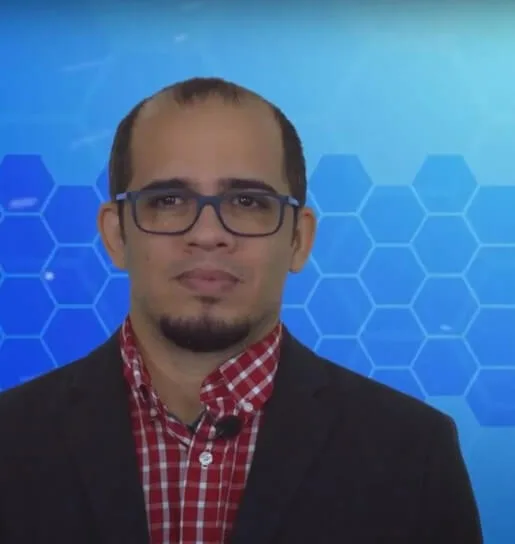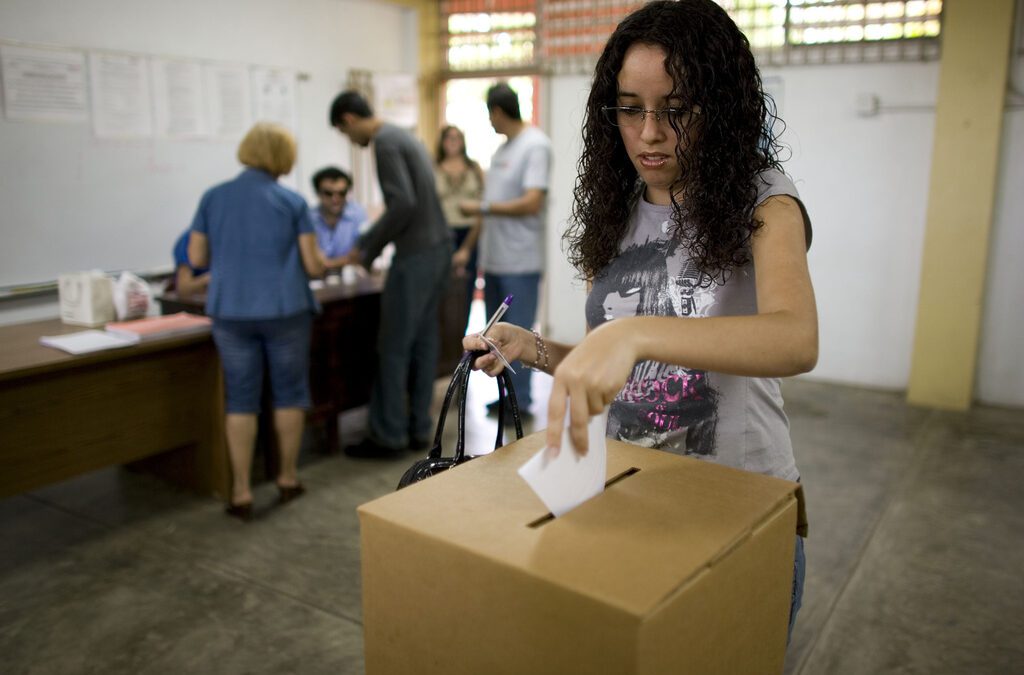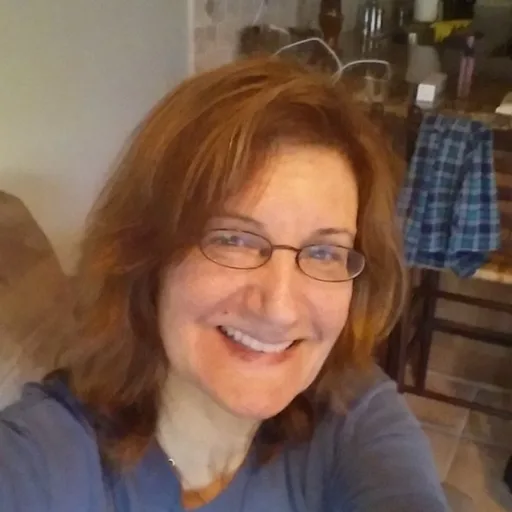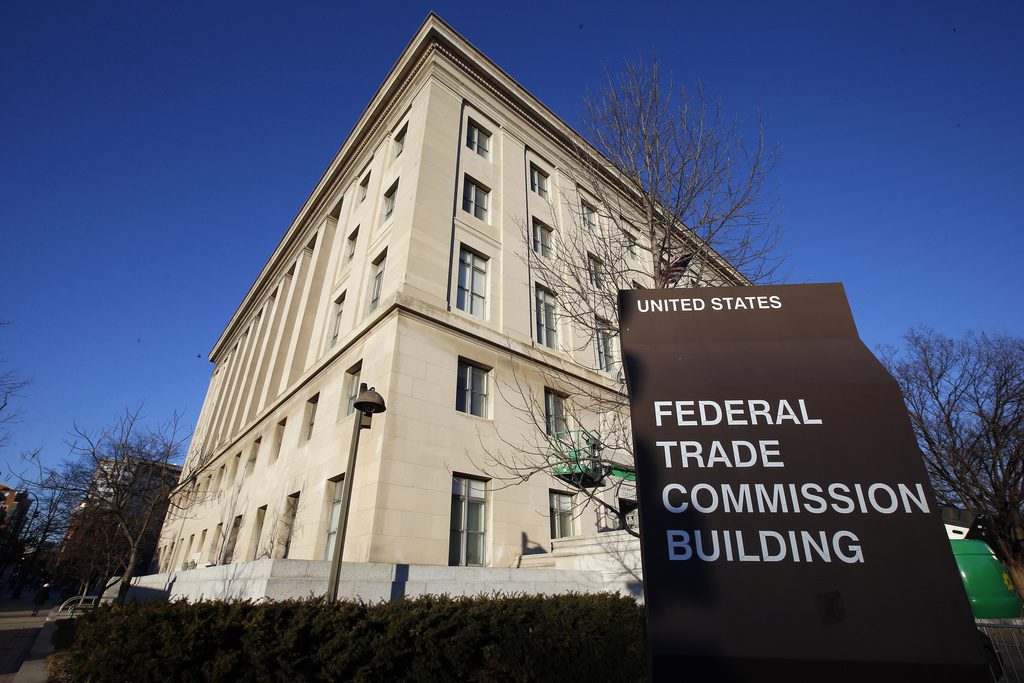
Image courtesy of the Rice and Beans Doctors
Signed into law by Gov. DeSantis, the bill allows state health care providers to refuse services based on their moral, ethical or religious beliefs.
As a narcotics officer working the streets, Andrea Montañez came face to face with danger more times that she cares to remember. But now, “with all the legislation happening in Florida, it’s scarier for me than when I was looking for drug dealers,” the Florida trans activist told Floricua.
Montañez is referring to the slew of bills newly signed into law by Gov. Ron DeSantis that is causing panic in transgender and LGBTQ communities across the state.
One in particular, Senate Bill 1580, “Protections of Medical Conscience,” allows Florida health care providers to refuse services based on their moral, ethical or religious beliefs. And although the measure supposedly prevents providers from refusing to provide care because of “race, color, religion, sex, or national origin,” opponents of the legislation warn that it could disproportionately affect LGBTQ people, minorities, and other marginalized communities among Florida’s more than 22 million residents.
RELATED: DeSantis Signs Bills Restricting Rights and Freedoms of LGBTQ+ People
‘Politicizing Medicine Is a Slippery Slope’
The law that critics are calling a “License to Discriminate” has spread fear among those most vulnerable across the state. To find out how doctors feel about its effect on their ability to render medical care, Floricua spoke with Dr. Yared Vazquez, MD.
Born in Puerto Rico, Dr. Vazquez moved to the Sunshine State to help the migrant community with their health problems. He imparts folksy, “arroz con habichuelas”-style talks on health and lifestyle with Dr. Nelson Medina on the Rice and Bean Doctors.
“I chose to pursue a career in medicine because it has always been my calling to help people since I was a child. A good day at work for me is when all of my patients are happy and healthy,” says Dr. Vazquez, a Primary Care Internist in the Tampa/Lutz area.
Floricua: Under this law, physicians who believe in the danger of vaccines could refuse to give them. They could also refuse to prescribe contraception by stating a religious opposition to it, or deny gender-affirming care because of their sincerely held conscience-based objections. What do you think of this?
Dr. Vazquez: When we train in medicine, we are supposed to serve the community, we’re supposed to serve the needs of different creeds, people from different denominations. We treat our patients that are LGBTQ with the same respect and love that we treat our straight patients. This law holds those standards upside down.
What are some of the problems you foresee once this law goes into effect July 1st?
It creates an atmosphere that is going to reflect poorly on patient satisfaction. I’m going to give you just one scenario. Imagine that we only have two or three electrophysiologists, a very sought after sub-subspecialty. There’s a scarcity of those professionals because they’re in very high demand in all the states. If one or two of them refuse to treat patients because of their ‘moral’ or ethical concerns, it is going to create a vacuum for patients. So, it ends up being a public health issue, because you have less capacity to see more patients and to provide the service they need.
Why do you think DeSantis and state Republicans are pushing this agenda?
Everything is politicized. We’ve seen a lot of new legislation being geared towards health care. They’re trying to garner control of the health sector and kind of politicize it, and that is very dangerous. [As doctors] we can have any political affiliation. I have colleagues from both sides of the aisle, liberal and conservative, but most of them are able to separate politics from medicine and treat their patients, conservative, Muslim, Catholic or people that have no religious affiliation. Politicizing medicine is a slippery slope. A law like this could be dangerous because it could create a rift between patient and physician. And that’s a public health disaster waiting to happen.
RELATED: Republican Bill Would Allow Doctors to Deny Care on Moral or Religious Grounds
What can medical professionals do to counter this law?
I think that as more issues like this come up in the culture wars going on right now, we as doctors have to be ready and not be sidetracked. We need to really focus on the patient and lower the volume on these distractions, because at the end of the day, laws come and laws go, but illness is still illness, human suffering is still human suffering and we’re here to ameliorate that and help everybody live a better life overall.
Do you think that this law will make people uncomfortable about opening up to their doctor, or think twice about receiving medical care?
When it’s time to look for a doctor, you have to be able to communicate. Talk to your physician and say, ‘hey, what are your thoughts on this?’ It’s about finding a doctor that you can count on, that you can communicate openly with, and that makes you feel absolutely comfortable. That’s the quality set that people have to look for in their physicians. Sometimes it takes a couple of different tries.
Is there anything you would like to add?
What I like to say to everybody, is: ‘Hey, physicians are here for you, independently. We’ve been here in the worst of times through the pandemic. And now in this confusion, we’re still here, providing service.’
Politics

Inside Puerto Rico’s unique role in the US presidential race
Although residents of Puerto Rico can't vote for president in November, they could potentially still influence Electoral College calculations....



Biden makes 4 million more workers eligible for overtime pay
The Biden administration announced a new rule Tuesday to expand overtime pay for around 4 million lower-paid salaried employees nationwide. The...
Local News



Inside Puerto Rico’s unique role in the US presidential race
Although residents of Puerto Rico can't vote for president in November, they could potentially still influence Electoral College calculations....



Biden makes 4 million more workers eligible for overtime pay
The Biden administration announced a new rule Tuesday to expand overtime pay for around 4 million lower-paid salaried employees nationwide. The...





